How to Prevent STDs?
Last updated: Dec 20, 2025
Preventing sexually transmitted diseases (STDs) involves practising safe sex, getting tested regularly, and receiving vaccinations. Being proactive about prevention helps protect your sexual health and reduces the risk of complications such as infertility, chronic infections, and transmission to partners.
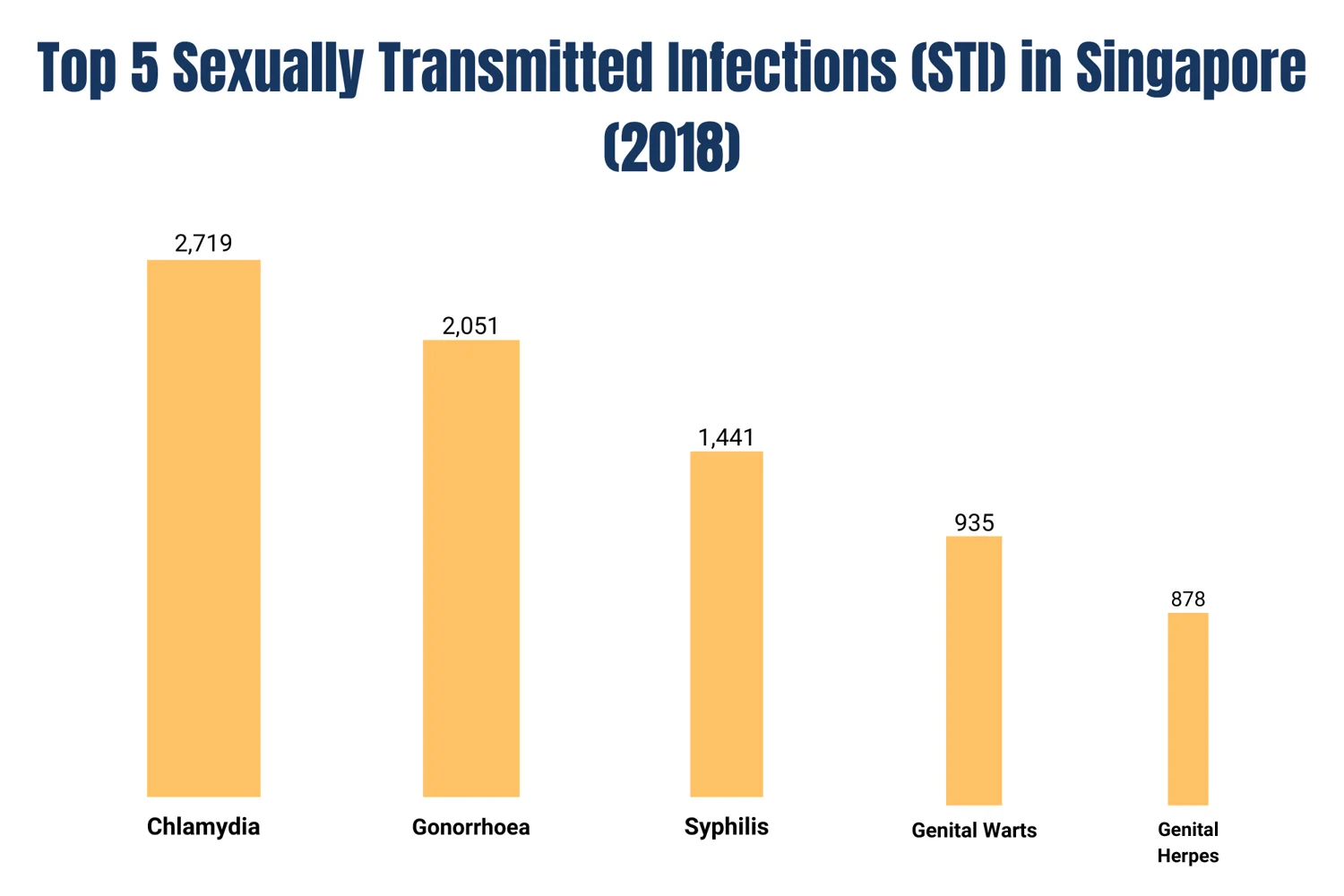
In 2018, the top five STIs in Singapore were chlamydia, gonorrhoea, syphilis, genital warts, and herpes. Given how easily these infections can spread, and the fact that some may not cause immediate symptoms or any at all, it's important to take steps to protect yourself.
Understanding STD Transmission
STDs are infections caused by bacteria, viruses, or harmful microorganisms such as parasites. They are primarily transmitted through vaginal, anal, or oral sex with an infected person. Some STDs can also be spread through skin-to-skin contact, sharing needles or from mother to child during pregnancy.
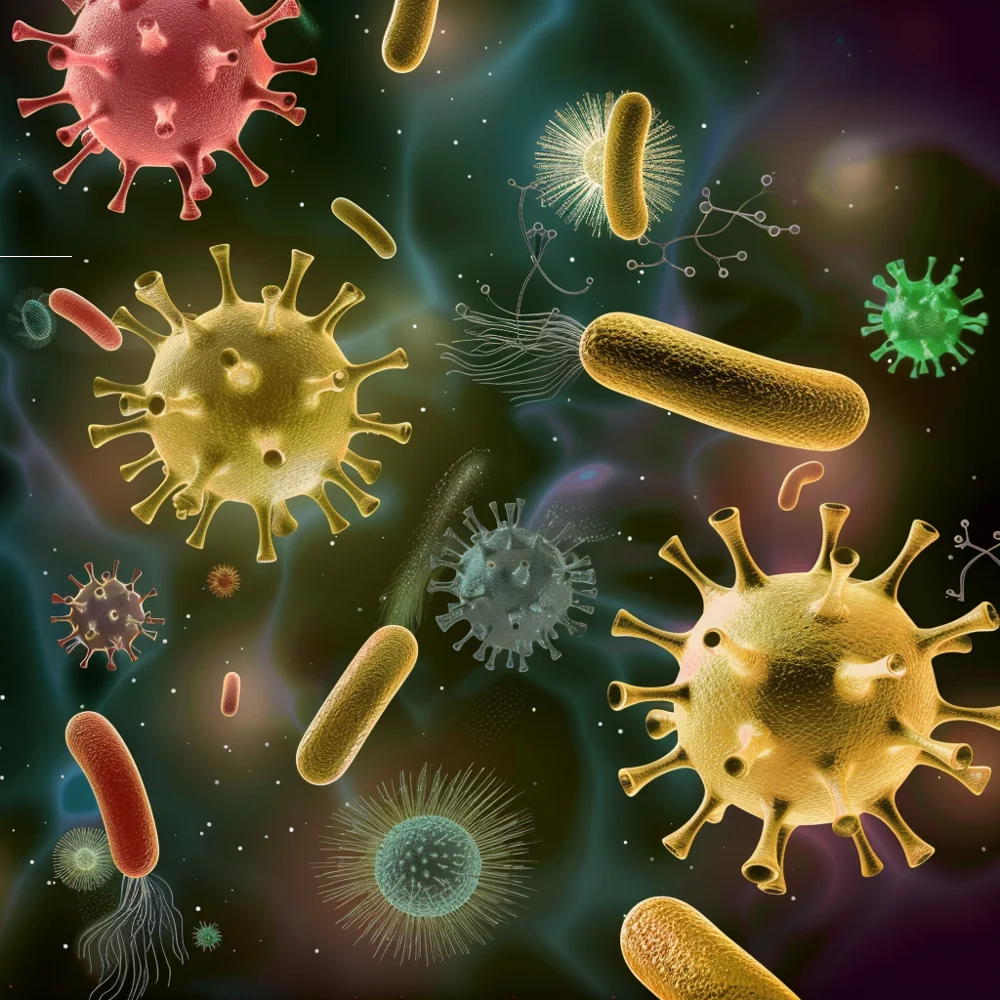
Safe Sex Practices
Here are some good practices for safe sex:
- Using Protection Correctly: Protection such as condoms and dental dams are highly effective, though not completely, in preventing many STDs when used consistently and correctly. However, they may not always protect against STDs transmitted through skin-to-skin contact, such as syphilis, herpes, or human papillomavirus (HPV). It is important to choose the right size to prevent tearing, check the expiration date before use, and ensure the protection is undamaged.
- Mutual Monogamy: Mutual monogamy, where both partners agree to have sex only with each other, significantly reduces the risk of STDs.
- Open Communication: Discussing sexual health and history openly and honestly with your partner is vital. Talking about your sexual histories, testing, and preferred prevention methods can help protect both of you.
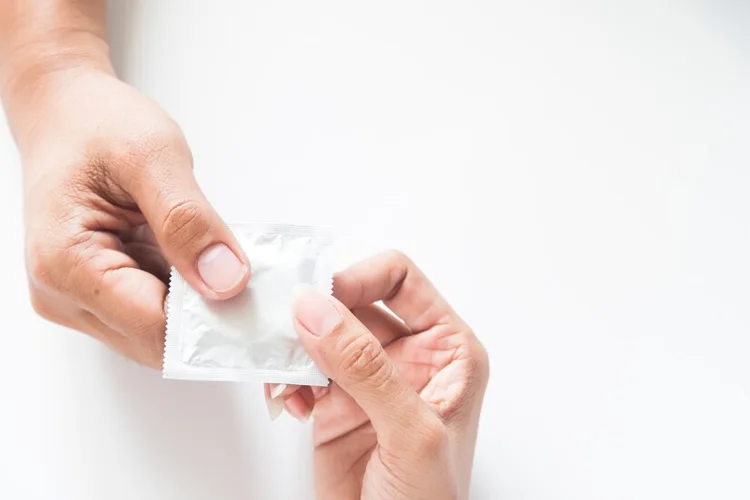
Regular Screening and Testing
Regular testing helps with early detection and treatment of STDs, reducing the risk of complications and spreading infections. The recommended testing frequency varies
depending on your sexual activity and level of risk. It is advisable to speak with your
healthcare provider for personalised guidance on STD testing.
At ATA Medical, we offer specific STD tests in Singapore and screening
packages for multiple STDs. You can choose to consult with either a male
or female
doctor based on your preferences for these tests.
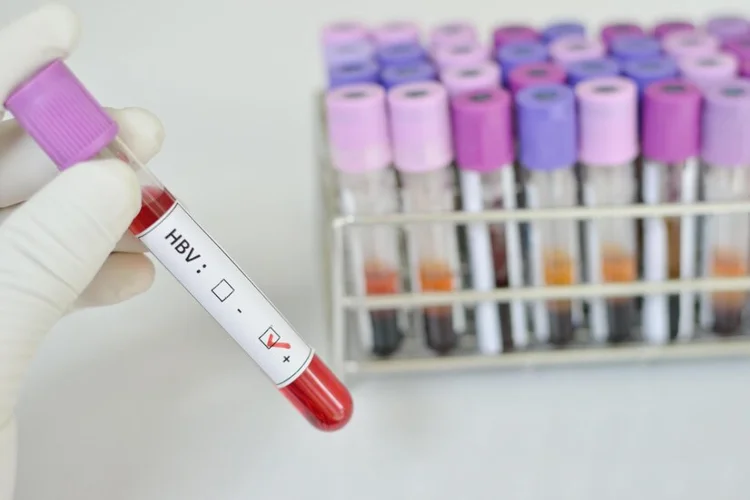
Vaccination
Vaccination can be an effective tool for preventing certain STDs. Currently, vaccines are available for Hepatitis B and HPV. Hepatitis B vaccination helps to prevent liver infection that can lead to chronic liver disease, liver cirrhosis (scarring), liver cancer, and liver failure. The HPV vaccine protects against strains of the virus that cause cervical cancer and genital warts. At ATA Medical, we offer vaccinations for both these STDs:
| Vaccination | Price* |
|---|---|
| Hepatitis B | |
| Engerix-B for Hepatitis B (per dose) | $54.50 |
| Twinrix for Hepatitis A & Hepatitis B (per dose) | $125.35 |
| HPV | |
| Cervarix 2 | $96 (MediSave-claimable) |
| Cervarix 2 (CHAS Orange / CHAS Blue) | $23 |
| Cervarix 2 (CHAS Green / Singaporeans) | $45 |
| Gardasil 9 | $250 |
^Prices last updated on Jan 28, 2026. While every effort is made to keep pricing information up to date, please contact our team to confirm the latest rates.
Communication and Education
- Talking to Your Partner: Honest discussions about STDs and sexual health build trust and encourage shared responsibility for safe sex practices. Sharing your test results openly, if comfortable, and agreeing on preventive measures together can help protect both partners.
- Educating Yourself: Stay informed about STDs and their prevention by referring to official and reputable sources.

Reducing Risk Behaviours
- Avoiding Casual and Unprotected Sex: Limiting casual sex and always using protection during sexual encounters significantly reduces the risk of STDs.
- Limiting Number of Sexual Partners: Reducing the number of sexual partners lowers the chances of encountering an infected individual. A monogamous relationship with an uninfected partner is the safest option for preventing STDs.

Summary
Preventing STDs is essential for maintaining sexual health and overall well-being. By understanding and practising safe sex methods, you can significantly reduce your risk of infection. Staying informed and taking proactive measures enable you to protect the health of you and your loved ones for the future.
Why Choose ATA Medical?

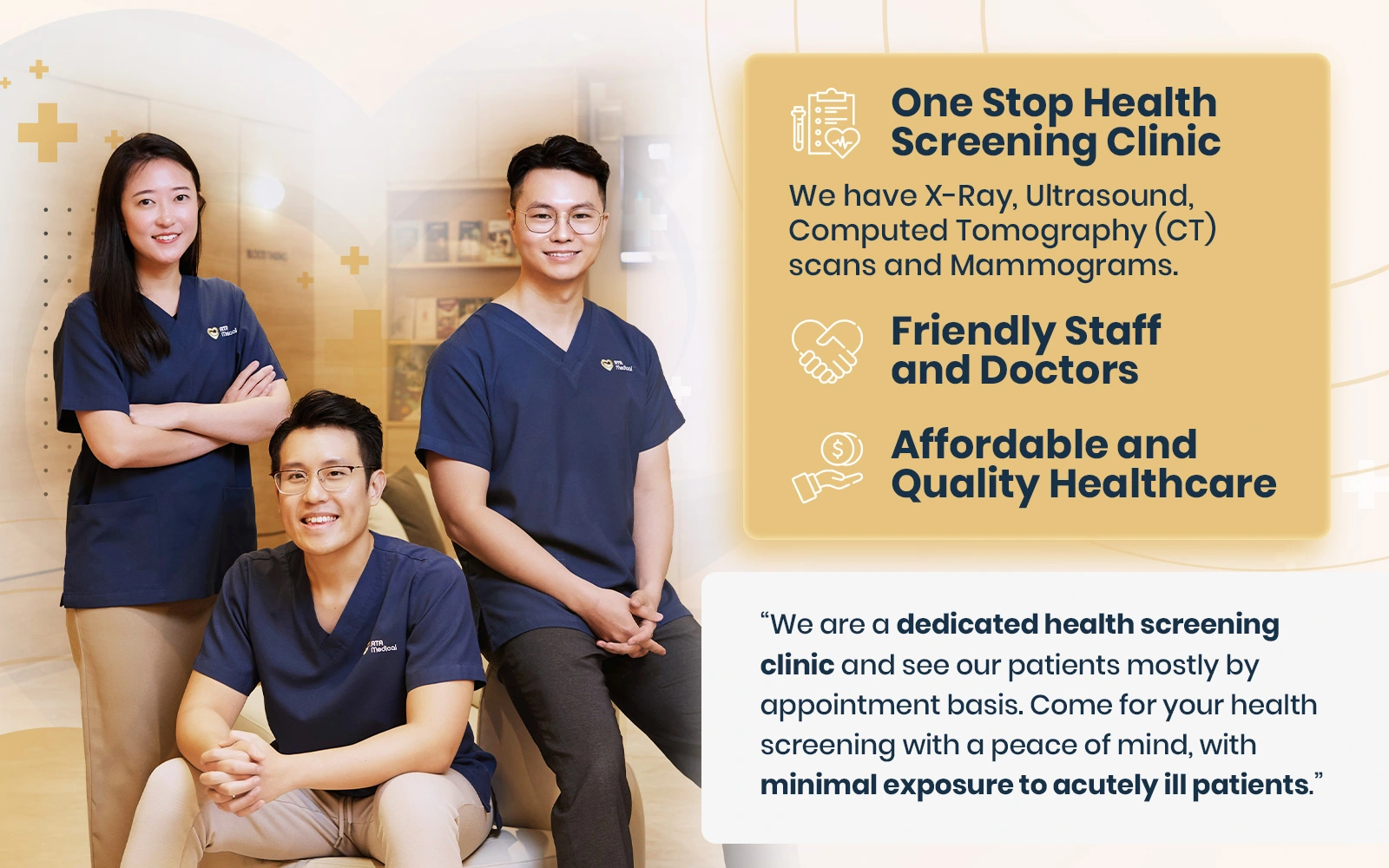

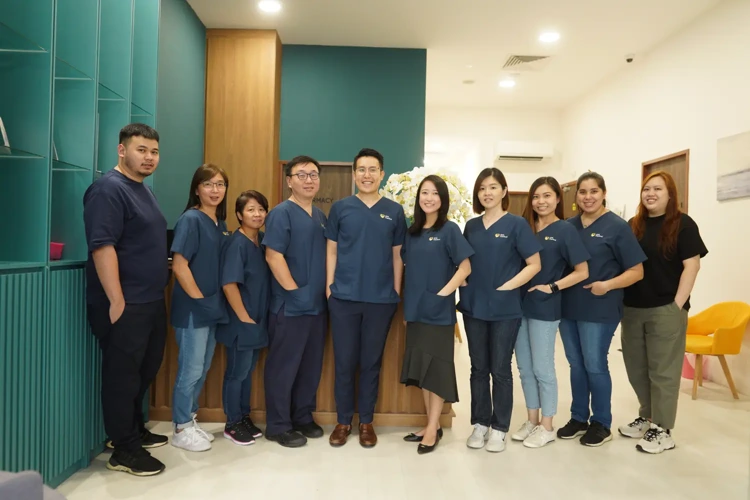
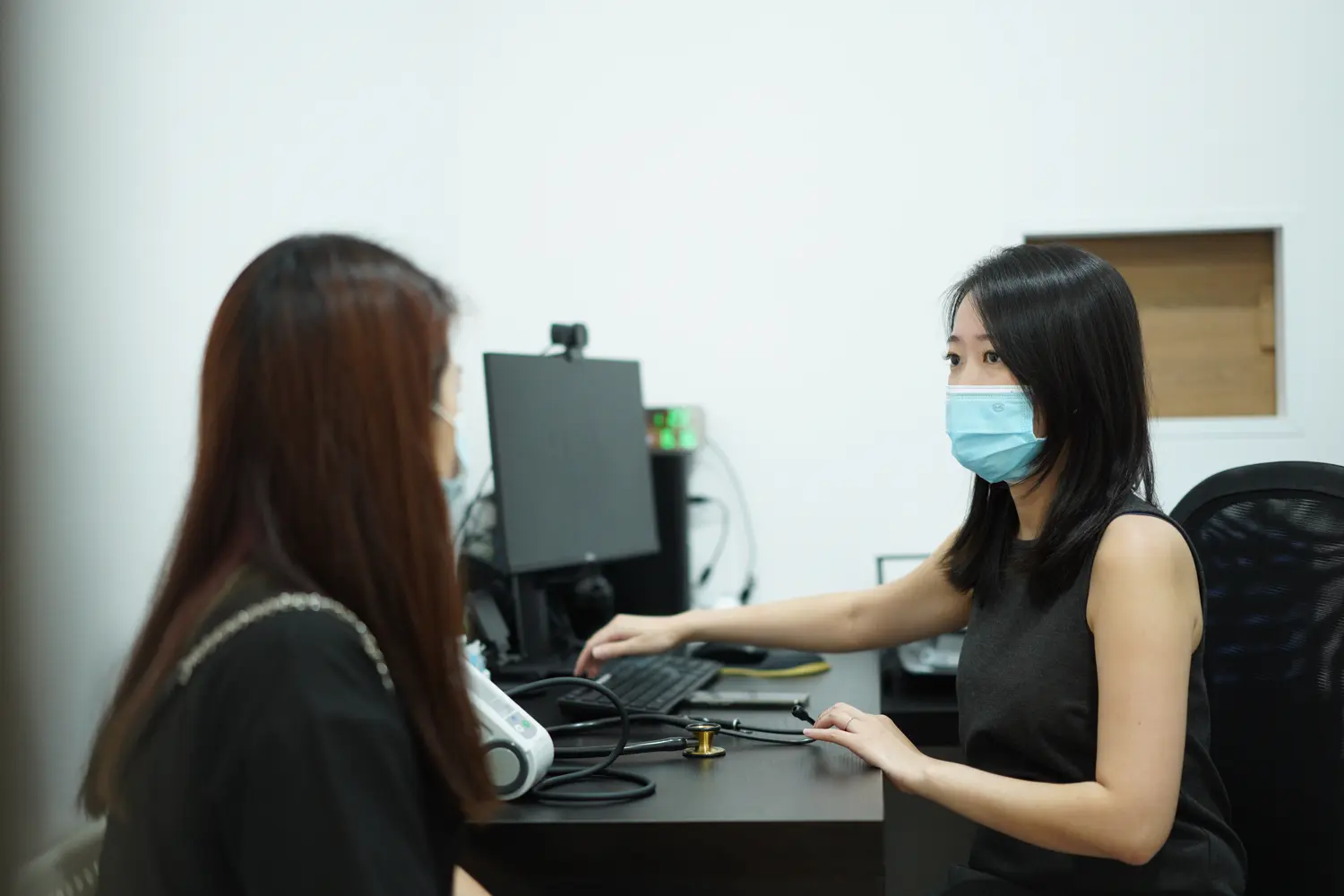



Delivering Care Patients Appreciate
What to Expect
FAST RESULTS
We strive to deliver your results within 7 working days.
MINIMUM WAITING TIME
Our patient-oriented processes ensure your waiting time is kept to a minimum.
Friendly Service
Service is a top priority for us at ATA Medical.
Email Us at camden@atamed.sg for more
information.
Book your STD screening with us at 88838892


